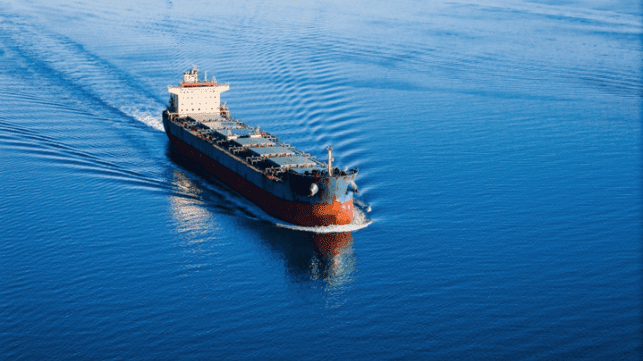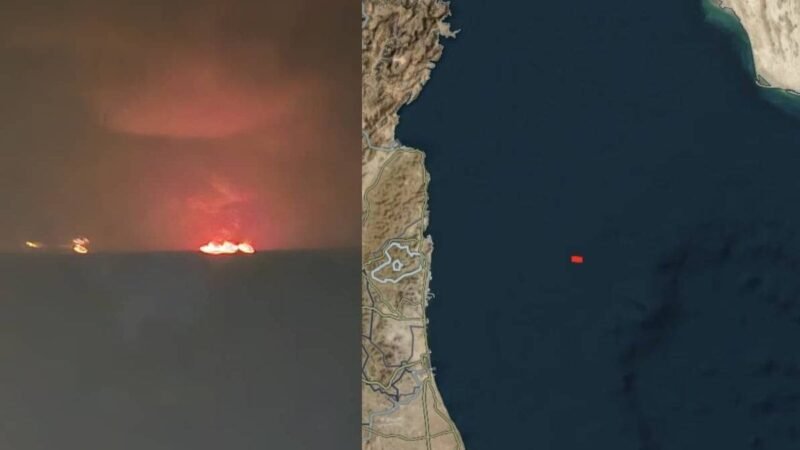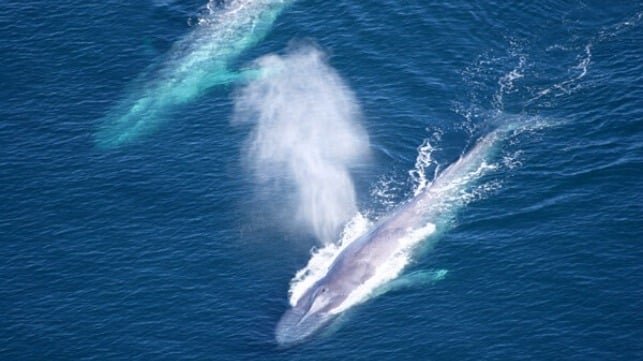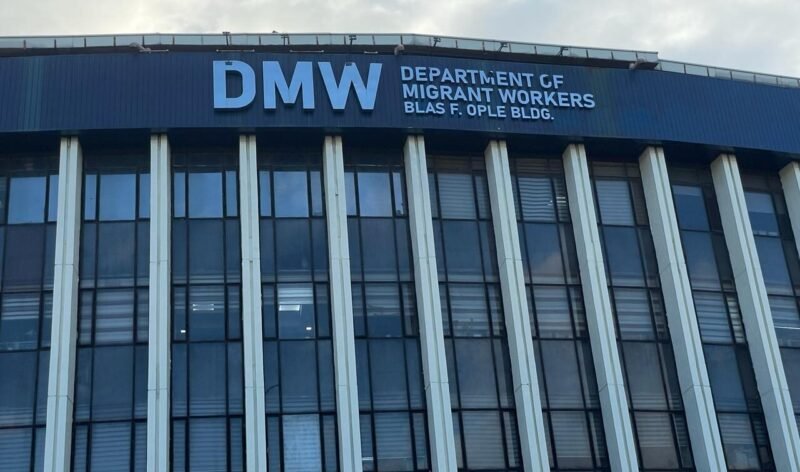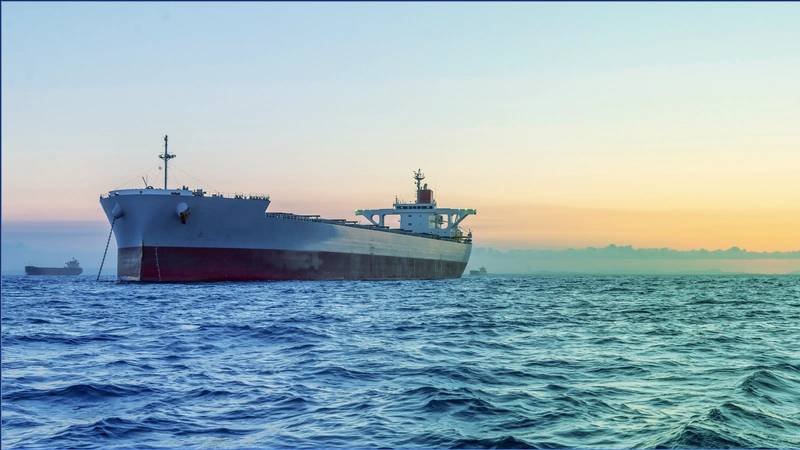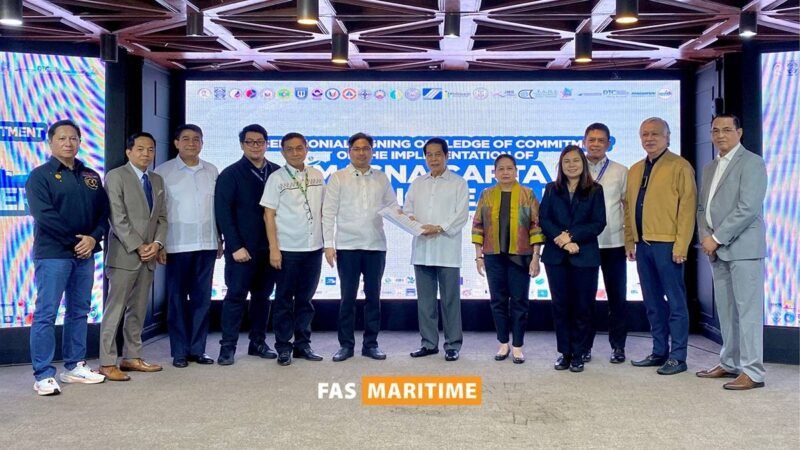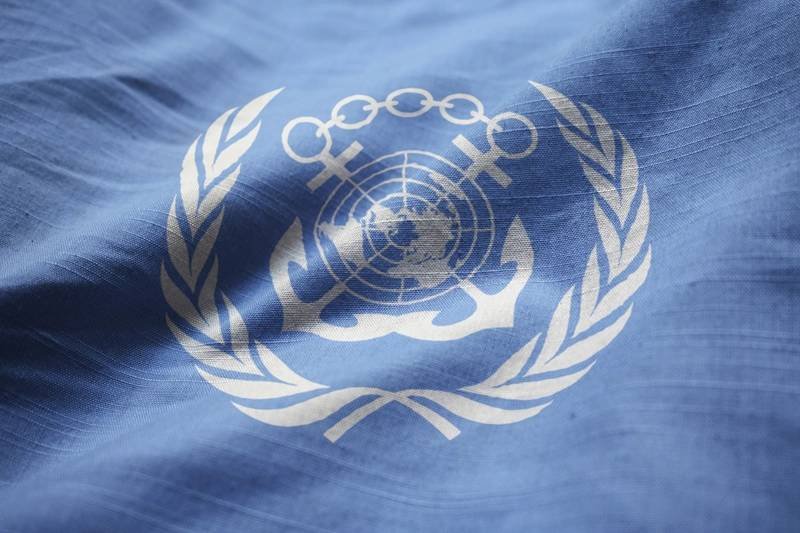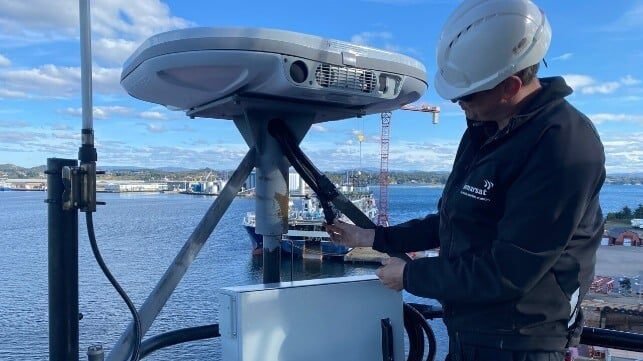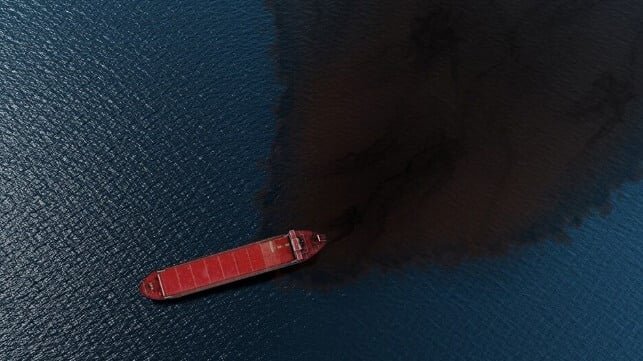The Marine Environment Protection Committee (MEPC) is set to convene for its 83rd session from April 7 to 11, with a primary focus on reducing greenhouse gas (GHG) emissions from ships. The committee will be discussing the implementation of the 2023 IMO GHG Strategy, which includes mid-term measures aimed at lowering the GHG intensity of marine fuels through a goal-based standard and pricing mechanism for maritime emissions. The MEPC is expected to finalize legal text for these measures, known as the “IMO Net-Zero Framework,” for approval and adoption in October 2025.
Additionally, the MEPC will review short-term GHG reduction measures, such as the Energy Efficiency Existing Ship Index (EEXI) and Carbon Intensity Indicator (CII rating), which aim to improve ship energy efficiency and reduce carbon intensity by at least 40% compared to 2008 levels by 2030. The committee will also focus on the energy efficiency of ships by finalizing guidelines for methane and nitrous oxide emissions measurements, developing a regulatory framework for onboard carbon capture and storage, and addressing marine plastic litter from ships through an action plan.
Furthermore, the MEPC will address the identification and protection of Special Areas, Emissions Control Areas, and Particularly Sensitive Sea Areas, including proposals to designate new areas for environmental protection. The committee will also continue its review of the Ballast Water Management Convention, focusing on amendments to mandatory provisions and guidelines for the control of harmful aquatic organisms. Other topics on the agenda include black carbon emissions, nitrogen oxide emissions, and pollution prevention and response measures to ensure sustainable and environmentally friendly maritime practices.




